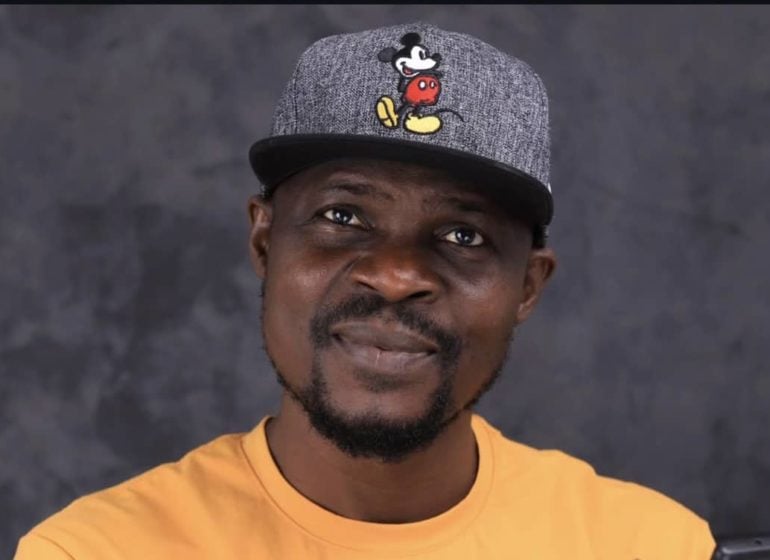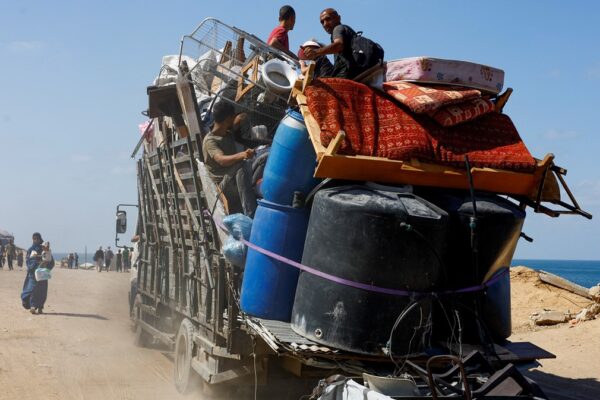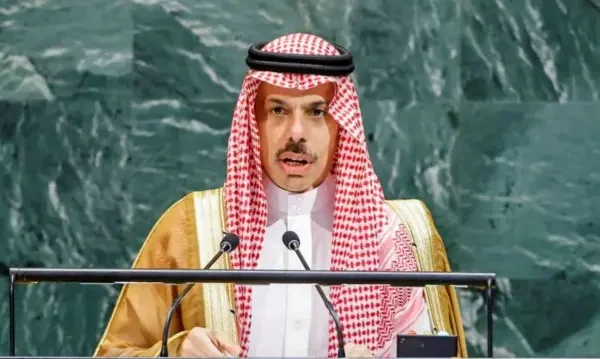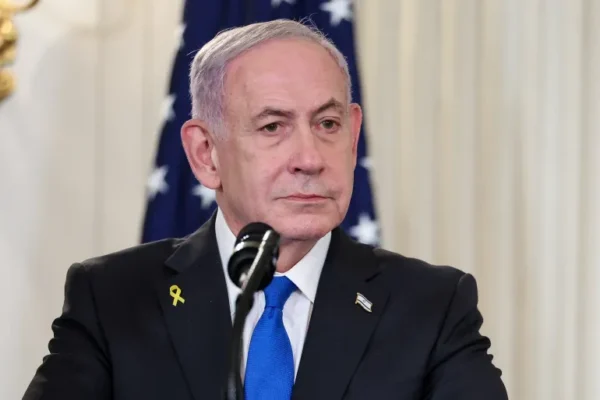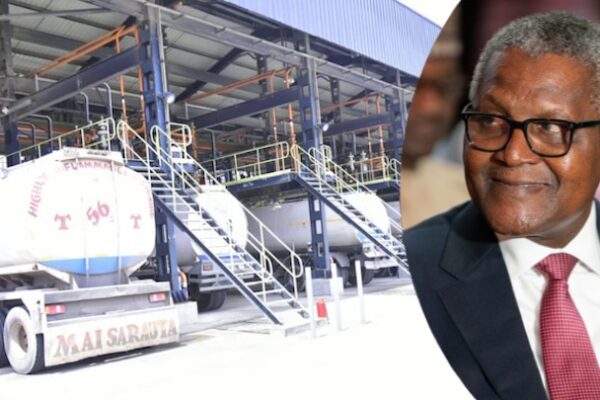Abu Dhabi Art returns for its 17th edition this year, bringing together 140 galleries from more than 50 cities across over 35 countries. Organised by the Department of Culture and Tourism – Abu Dhabi (DCT Abu Dhabi), the fair will run from November 19 to 23 at Manarat Al Saadiyat. The 2025 edition continues to expand its global reach, welcoming first-time participants from Algeria, the Netherlands, Peru, and Tanzania. Key regions highlighted this year include Nigeria, the Gulf, and Türkiye, each featured in dedicated Focus sectors that spotlight emerging and established voices shaping contemporary art today. Since its founding in 2009, Abu Dhabi Art has grown into the region’s largest and most diverse art fair, attracting world-renowned galleries such as Pace, Richard Saltoun, Mennour, Hanart TZ, and ATHR. Newcomers this year include Loft Art Gallery, Pedro Cera, and EQTNA Rare Books, reflecting a 40% increase in participating galleries over last year. Nigeria Spotlight One of the fair’s main attractions this year is a special focus on Nigeria, curated in collaboration with the country’s Ministry of Art, Culture, Tourism and the Creative Economy. Part of the broader “Nigeria Everywhere” initiative, the section features seven Nigerian galleries including SOTO Gallery, AMG Projects, kó, O’DA Gallery, 1897 Gallery, Windsor Gallery, and Ishara Gallery, with a special project by MADhouse and Tikera Africa. The works on display highlight the richness and urgency of Nigeria’s contemporary art scene, exploring themes of identity, politics, and history. Modern Türkiye A new addition this year is the Modern Türkiye section, curated by Doris Benhalegua Karako. It features works by key modern artists such as Fahrelnissa Zeid (DG Art Gallery), Burhan Doğançay (Art On Istanbul), and Gülsün Karamustafa and Cengiz Çekil (BüroSarigedik). Focus on the Gulf Leading galleries from the Gulf region will showcase contemporary artists including Hassan Sharif, Mohammed Kazem, Alia Zaal (Gallery Isabelle), Rashid Al-Khalifa (SAPAR Contemporary), and Nasser Al Salem (Iris Projects), among others. Collectors’ Salon and Aldar Hall The fair also welcomes back the Collectors’ Salon, curated by Roxane Zand, with participants including Kent Antiques, Daniel Crouch Rare Books, INLIBRIS, Almine Rech, and Perrotin. Real estate developer Aldar returns as a major partner and will launch a new space—Aldar Hall—at the entrance of Manarat Al Saadiyat. This venue will host galleries from the Gulf region, West Asia, North Africa, and West Africa. Notable exhibitors include Loft Art Gallery, Comptoir de Mines Galerie (Morocco), Yosr Ben Ammar Gallery (Tunisia), and Galerie Farah Fakhri (Ivory Coast). More Than a Fair Abu Dhabi Art positions itself as more than just a commercial event. Alongside gallery booths, the fair features a robust public programme with talks, exhibitions, installations, and performances held year-round across the emirate. The November fair serves as the culmination of these initiatives, offering galleries a platform to present ambitious, site-specific works to a broad and diverse audience. For full details and participating galleries, visit: www.abudhabiart.ae


